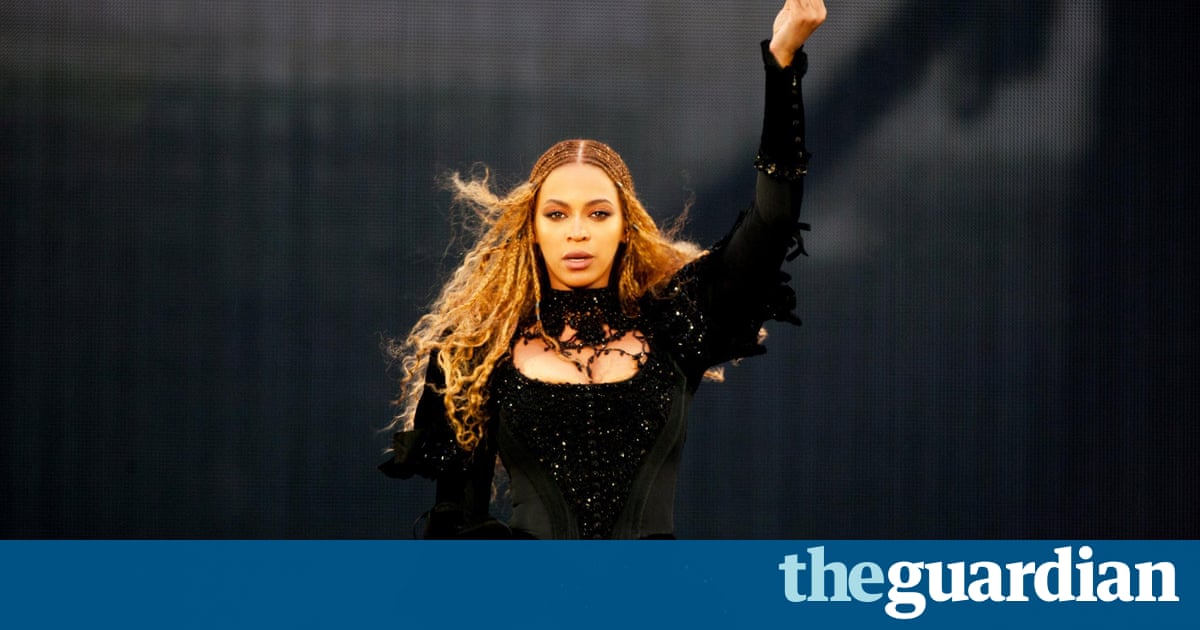Legality of fundraising effort involving semiautomatic weapon was questioned under Illinois law that says only not-for-profit groups can hold raffles

A gun shop in suburban Chicago has canceled a planned raffle of a semiautomatic rifle to benefit victims of the nightclub shooting in Orlando, Florida.
The attack at the Pulse LGBT nightclub on 12 June killed 49 people and injured 53, making it the worst mass shooting in US history.
The Chicago Tribune reported that Second Amendment Sports in McHenry, Illinois, called off the raffle following questions about whether it would be legal. Under Illinois law, only not-for-profit groups may hold raffles.
Bert Irslinger Jr and his father own the shooting range and gun store. They were selling $5 tickets to win an AR-15 rifle similar to the weapon used by Omar Mateen, the gunman in Orlando.
On Thursday, Vic Santi, director of marketing at Second Amendment Sports, told the Guardian: People who are more for the second amendment are very much behind [the raffle] and requesting tickets.
Santi said he and the stores owners considered the shooting in Orlando a terrorist attack and a hate crime and felt the raffle was a way to show support for those affected by the attack. The AR-15 was selected as it was the six-year old stores most purchased item, he said.
Santi added: Definitely, people have concerns that we are doing this type of firearm.
On Saturday, Jason Mendes-McAllister of Chicago, whose friend Edward Sotomayor Jr died in Orlando, told the Tribune he was relieved the raffle had been called off.
I applaud them for wanting to do good, he said. But what theyre utilizing to raise funds is insensitive to those trying to recover or who have lost people. Youre rubbing salt in other peoples wounds.
Irslinger told the Tribune employees had received death threats since the paper first reported the raffle. He said the store could partner with a not-for-profit organization to conduct the raffle in the future.
Read more: https://www.theguardian.com/us-news/2016/jul/02/gun-store-raffle-ar-15-orlando-shooting-chicago







